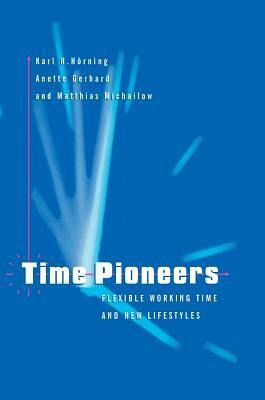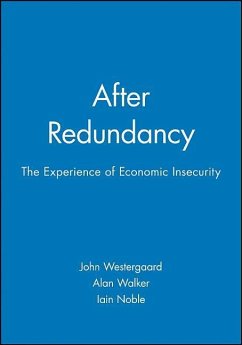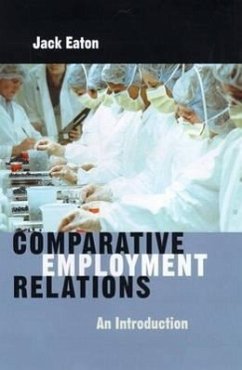Nicht lieferbar

Time Pioneers
Modern attitudes to work are closely interwoven with the ways in which people think about the temporal organization of their lives. In this important book, the authors examine the relations between work and time and explore the possibilities of developing new and more flexible working patterns. Drawing on interviews with employees who have chosen to reduce their working hours from 40 to between 20 and 30 per week, the authors identify two categories of workers: first, the "time conformists" who see nothing unusual in their shorter working time and tend to fill their extra free time with famili...
Modern attitudes to work are closely interwoven with the ways in which people think about the temporal organization of their lives. In this important book, the authors examine the relations between work and time and explore the possibilities of developing new and more flexible working patterns. Drawing on interviews with employees who have chosen to reduce their working hours from 40 to between 20 and 30 per week, the authors identify two categories of workers: first, the "time conformists" who see nothing unusual in their shorter working time and tend to fill their extra free time with familiar activities; and second, the "time pioneers". "Time pioneers" are people who strive to realize their ideas of time both at work and in their everyday private lives and succeed in introducing more flexibility into their working time. The authors argue that "time pioneers" display as much - if not more - motivation, willingness and commitment to their work than "time conformists". But in order to avoid becoming appropriated by the rigid working hours imposed by some employers - who may not be easily persuaded to depart from the prevailing cultural paradigm of the employment society - they develop their own ideas of how to organize their work. Time Pioneers is a significant and topical contribution to debates about the role of work in modern society.














